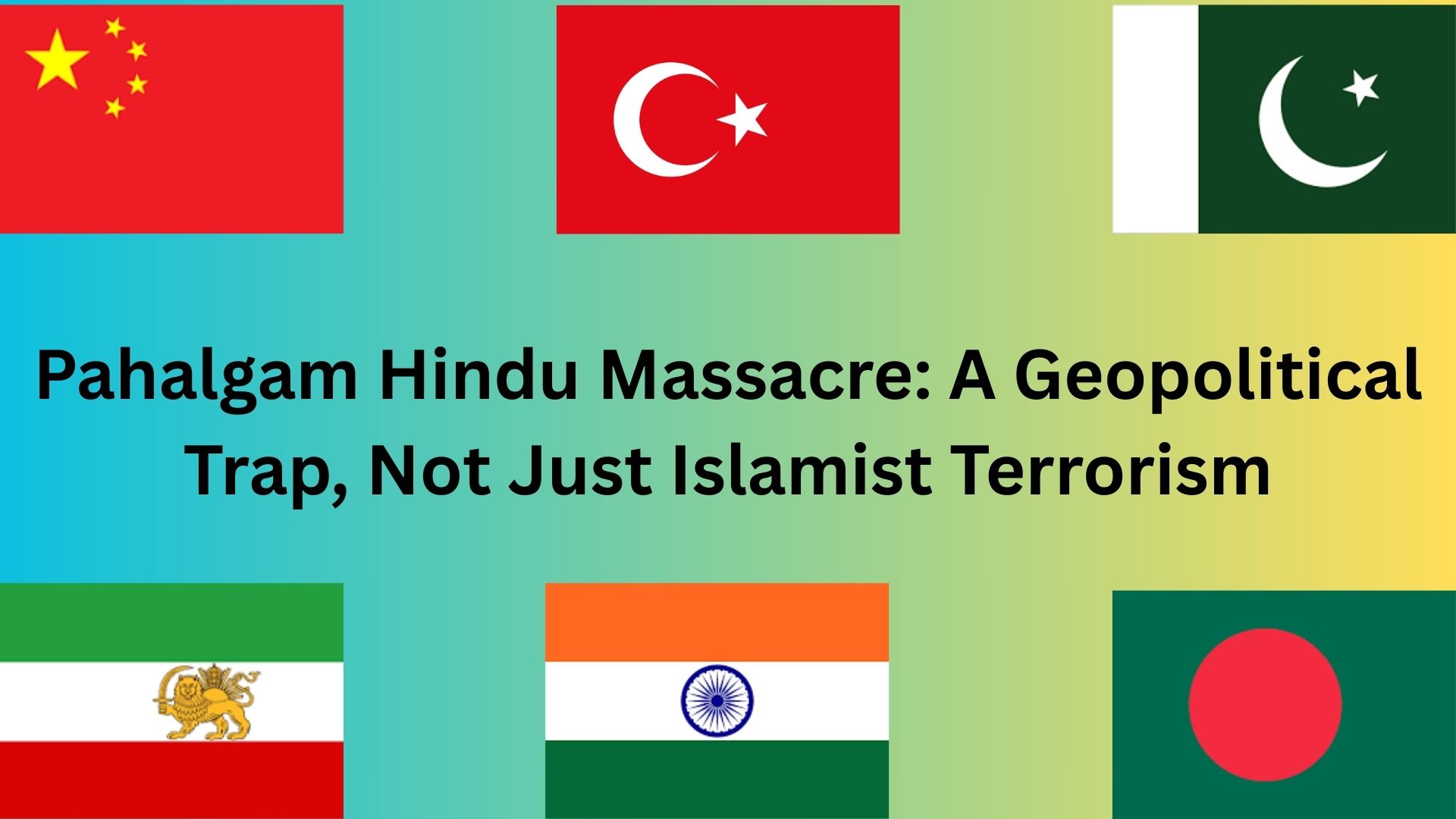
The Pahalgam Hindu Massacre, claiming 26 innocent Hindu lives, was no ordinary act of Islamist terrorism but it was a calculated bait for India to pick. Public outrage demands swift retaliation, but the Modi government’s restraint reveals a deeper understanding of a complex geopolitical chess game involving China, Pakistan, Turkey , Bangladesh ,Iran and the Western deep state. Surprisingly Indian opposition parties also want India to get into a war and it is reflected in their full support for Narendra Modi for military action against Pakistan.
China’s Strategic Shadow
China benefits most from India’s distraction. The attack’s timing—amid U.S. trade wars and manufacturing shifts to India—suggests Beijing’s intent to lock India in conflict, diverting focus from the Indo-Pacific, LAC, and global trade. Pakistan, armed with Chinese drones, aircraft tech, and surveillance gear, acts as China’s proxy, bleeding India while Beijing grows. For China, facing trade tensions, population decline, and internal dissent, this indirect strategy avoids direct confrontation, which would unite the West against it.
Since 2014 there were various direct conflicts, standoffs, and skirmishes between India and China along shared border and LAC .
- September 2014 – Chumar and Demchok Standoff (Ladakh)
- September 2015: Burtse Standoff (Ladakh)
- June–August 2017: Doklam Standoff (India-China-Bhutan Tri-Junction)
- May–June 2020: Galwan Valley Clash and Skirmishes (Ladakh)
- January 2021: Sikkim Face-Off
- September 2021: Firing Incident
- December 2022: Yangtse Clash (Arunachal Pradesh)
Both India and China have significantly bolstered border infrastructure, including roads, airfields, and troop deployments. India’s efforts, particularly under Modi, include raising strike corps and deploying advanced weaponry like Brahmos missiles to counter Chinese threat.
Multiple mechanisms, such as Corps Commander Level Meetings and hotlines established in 2014 and 2021, have been used to manage tensions. In October 2024, an agreement on patrolling arrangements in Depsang and Demchok was reached, aiming to resolve the 2020 standoff and restore pre-2020 patrolling access.
Surveys since 2014 show increasing distrust in India toward China, with 67% of Indians holding an unfavorable view by 2023. In China, views of India are mixed, with limited awareness due to minimal media coverage.
Tensions have been exacerbated by China’s strategic alliance with Pakistan, India’s growing alignment with the U.S., and regional rivalries. Issues like China’s dam-building on rivers flowing into India and territorial claims over East Ladakh and Arunachal Pradesh continue to strain relations. There is high possibility of China using Pakistan as a proxy to provoke India into a war especially after the trade war with US and many companies like Apple moving their manufacturing to India. India has imposed a 12% excise duty on some steel imports, including flat steel products, to protect domestic producers from a surge in cheap imports, particularly from China.
China has consistently offered strong support to Pakistan, including expressing its “strong and steadfast support” during times of crisis. This is rooted in their close strategic partnership, with China providing significant financial and military aid to Pakistan.
Pakistan’s Psychological Ploy
Pakistan orchestrated the Hindu Massacre of Pahalgam to provoke India into escalation. A retaliatory strike would allow Pakistan to play victim globally, rally domestic support amid economic woes, and distract from inflation, water shortages, and unemployment. Even without Indian action, Pakistan will persist, driven by a silent partner: China.
Pakistan reaps billions in Chinese loans, military upgrades, and a narrative shift from economic failure to “national resistance.” Conflict ensures its survival, bankrolled by Beijing.
Pakistan is on the verge of disintegration because of the internal regional conflicts and a war with India will help Pakistan divert the attention from various internal regional secessionist movements.
- Pakistan is facing strong resistance from BLA demanding independence of Balochistan
- On the Western Border(KPK) Pakistani Army is facing Tehrik-e-Taliban led by Pashtun
- POJK and GB Pakistani Army is facing resistance from Kashmiri People
- Sindh province of Pakistan is also fighting independence movement.
Pakistan is also facing a major financial crisis and is looking for an opportunity to play victim card if India retaliates. Pakistan is consistently threatening India , denying its involvement in the Pahalgam Hindu massacre and demanding proof.
China Pakistan Economic Corridor (CPEC) passing through the illegally occupied territories of J&K and Ladakh up to Gwadar Port in Balochistan is threatened by BLA, TTP and other forces in Pakistan. Pakistan has given free hand to China to extract rare earth metals from Gilgit, Baltistan and other areas of POJK and India has questioned involvement of China in this region. Afghanistan Taliban is also not happy with Pakistan and along with TTP and BLA they are going to be a formidable force to recon on the west for both China and Pakistan. Pakistan is going to be a sandwiched but India’s growth story will be hampered if Pakistan imposed a war on India on the behest of China and Western deep state.
Iran and Turkey’s Opportunistic Play
Iran’s condemnation and mediation offer mask its ambition to emerge as a key arms supplier. By potentially arming Pakistan, Iran could secure border resolutions and attract smaller economies like Bangladesh, challenging U.S., Russian, and Chinese dominance in the arms market.
Islamic regime of Iran has also witnessed India’s support for Israel after the 7th Oct attack on Israel. Indian state maintained a neutral stand but majority of the Indians were supporting Israel against the Islamist terrorism. Indian state also supported Israel fight against Islamist terrorism.
Islamist terrorist groups like Hamas, Hezbollah is supported by Iran which is an ally of China, Turkey and Russia. You can join the dots here that Turkey has already extended support to another Islamic country Pakistan. Turkey has also expressed its support for Pakistan, particularly in the context of the Organization of Islamic Cooperation (OIC). Yemen based Houthis have already become a threat to maritime movement of Indian ships in Red sea and they are blaming Israel for the same.
Nations like Saudi Arabia and Qatar have played a role in mediating conflicts between India and Pakistan, and have also expressed support for Pakistan’s stance.
Western Deep State’s Dirty Play
Western interests, seeking new investment zones post-Ukraine, may quietly welcome escalation. Indian opposition’s sudden push for immediate action hints at external influence, aligning with this agenda.
Global Red- Green alliance is working tirelessly to harm India’s interests. Pakistan is a darling puppet in the hands of Global Red- Green alliance
West is extremely upset with India because of its independent foreign policy and remaining neutral in Russia- Ukraine conflict. Buying oil from Iran and Russia wasn’t liked by USA and India had to face lot of flak because of this.
Deep state in the west is trying to create an environment for India so that a way is pushed on India and then India will be left with no option but to choose a side. I strongly believe Global Left and the supporting governments
India being a part of BRICS is also not what west likes. BRICS was coming up with a BRICS currency and west was warning India. India uses barter-like mechanism for trade settlement with Iran and Russia which directly questions the dominance of dollar. India calls it independent foreign policy and rightly so but then there are efforts to push India to choose a side. West thinks India can’t sail in two boats. India believes in country to country relationship and doesn’t want to be part of any group.
“If we are not standing with A that doesn’t mean we are standing with B, We are holding our own ground”, said S Jaishankar, External Affairs minister of India
Pakistan Sponsored Terrorism in India
India is dealing with Pakistan sponsored terrorism for the last 45 years since Pakistan faced a humiliating defeat in India-Pakistan war of 1971 and Bangladesh (East Pakistan) got Independence. Pakistan came up with Pakistan ISI was involved in terrorism in North-East India when East Pakistan was controlled by Pakistan Army. Pakistan was involved in supporting Khalistan terrorism in Punjab which started in 1978 and continued till mid 1990’s. India defeated Khalistan Movement by force but before it could end that Pakistan diverted the Mujahideen fighting USSR in Afghanistan to Kashmir.
After the humiliating defeat of 1971 , Pakistan launched Operation Tupac to “Bleed India with 1000 cuts” which included covert/overt operations and gorilla warfare. ” K2 (Kashmir & Khalistan) are key to this, along with sleeper cells creating frequent unrest, violence, propaganda etc. in India
USSR forces quit Afghanistan in 1989 and after that Pakistan devised a plan to use the same model of gorilla warfare to defeat India because it couldn’t do that in direct confrontation. Pakistan forgot one main difference USSR was an outsider in Afghanistan but we are aboriginals of India.
Pakistan failed in 1948 (Operation Gulmarg) , 1965- India-Pakistan War, 1971- India Pakistan War, Operation Tupac(1980) and when it didn’t work in 1999 Pakistan sent its armed forces as terrorists in Kargil to face another humiliating defeat
After the genocide of Kashmiri Hindus in Kashmir Valley Pakistan sponsored madrassa educated Islamist terrorists continued targeting minority Hindus in Jammu division. Selective Killings of Hindus is not new. Hindus were killed in various massacres since 1990 and the recent massacre in Pahalgam is heart wrenching. India will respond to this brutality but it will choose “the how” and “the When” of it.
The Pahalgam Hindu Massacre is not a cross border terrorism but a geopolitical gambit using the radicalized Islamist Terrorists.
India’s Calculated Response
Indians and Indian origin Hindus across the globe spoke in unison to punish Pakistan for selectively Killing Hindus in Pahalgam Kashmir. Govt. of India led by PM Narendra Modi that it will chase the perpetrators till the end of this planet and punish them. people were anguished to find the innocent Hindu tourists were gunned down by Pakistani rangers and other Pakistan sponsored Islamist terrorists for being a Hindu. There was anguish among the people but Modi government will take a very calculated response.
Modi’s government avoids the trap of emotional retaliation, opting for:
- Backchannel diplomacy with the U.S.A, UAE, Israel and Iran.
- FATF pressure to choke Pakistan financially.
- Intelligence ops in POJK and surveillance of China-Pakistan defense ties.
- Precision strikes and cyber warfare over full-scale war.
India is the fifth largest economy with record high FDI inflows and our stock market indices are outperforming global indices. India is on the cusp of once in a generation economic transformation. Apple , Tesla and many other US companies will start their manufacturing in India and now many more will join them because of the Trade war between China and USA. Credit ratings of India are in stable and Inflation is in control and it such wonderful times a full scale active war will jeopardize this upward curve , disrupt markets, scare off the investors , entrepreneurs and completely shift the focus from reforms and development.
India’s approach of Diplomacy over War will preserves India’s economy, global standing, and stability. Escalation would cost billions, invite Chinese aggression, and stall growth, while China advances without firing a shot.
Modi’s restraint isn’t weakness but it is foresight. India’s next move, rooted in patience and precision, aims not just to address Pahalgam Hindu Massacre but to reshape the regional balance in Indian Subcontinent and emerge as a strong power in South East Asia.
In this thinking man’s war, real power lies in responding right, not reacting in haste

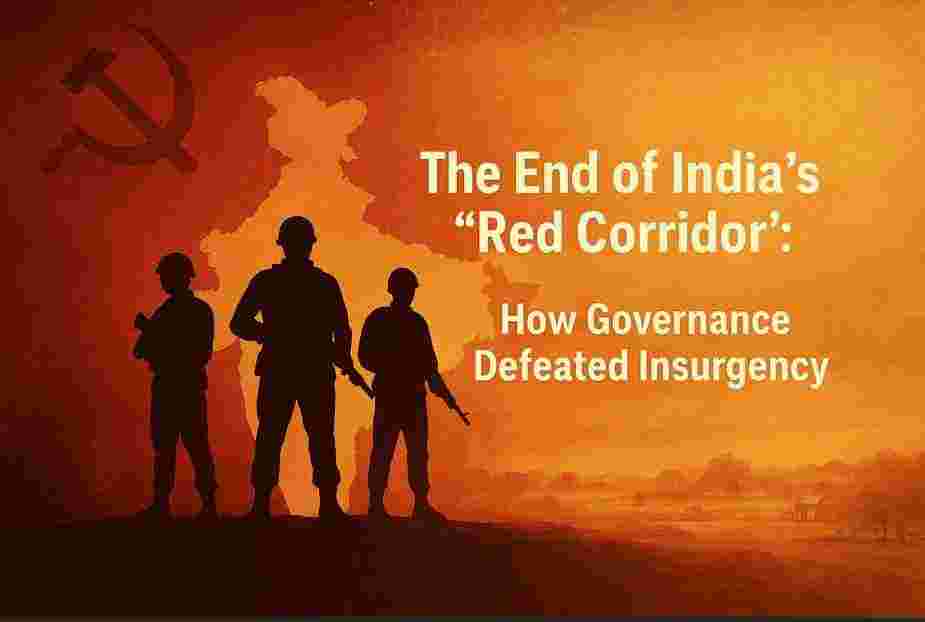
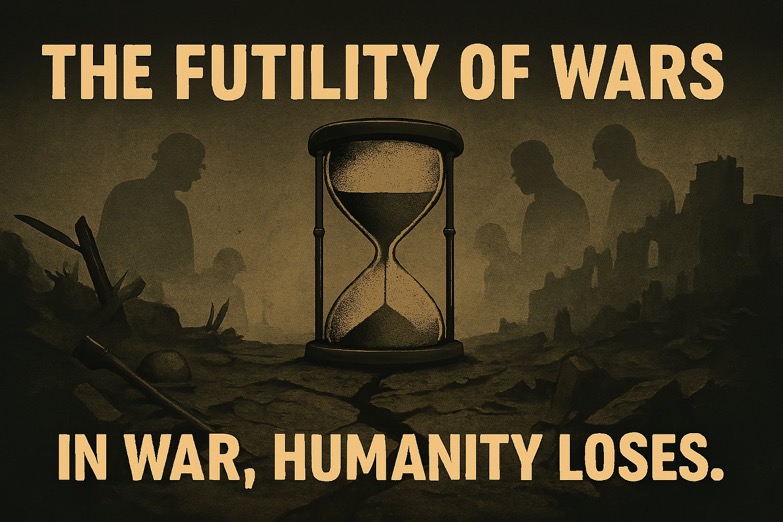
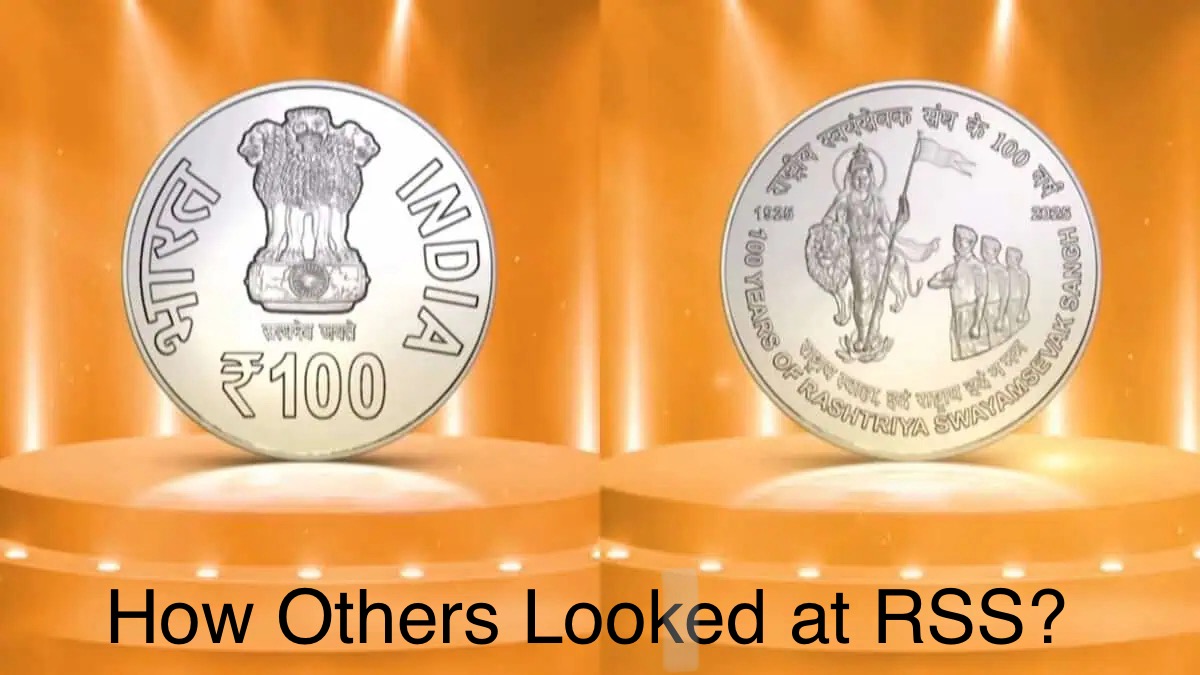
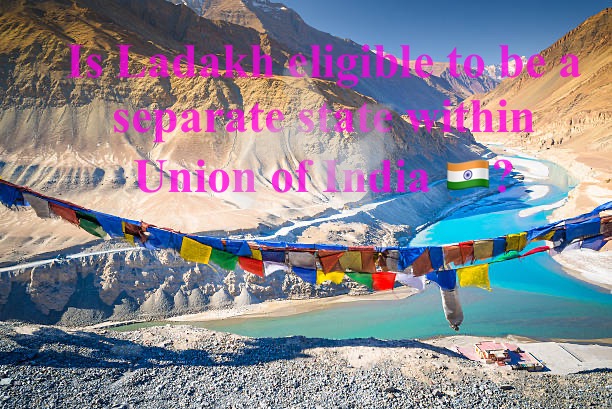
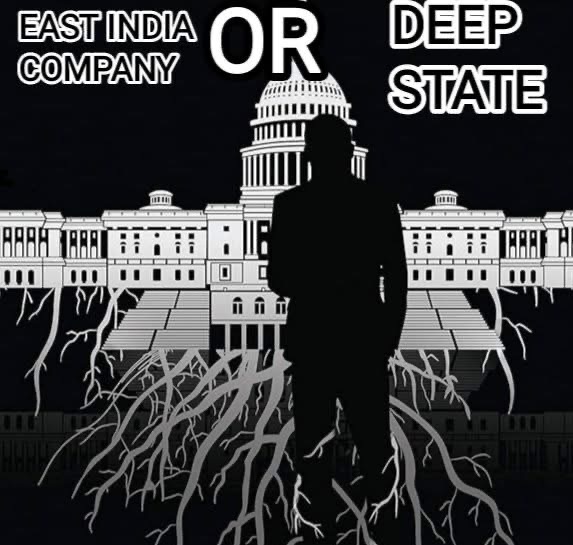
I believe that Our PM is wise and experienced enough to take appropriate decision. My personal opinion is also not in favour of war until intrenal cleaning is done. After Pehlgam Massacre of Innocent Hindus, we came across many Startling revelation which are enough to realise that we are sitting on time bomb. Pakistan Married Muslim women living in India and producing children in large numbers.Many other deep State agents are active.We have to demolish all these termites before proceeding for complete solution.